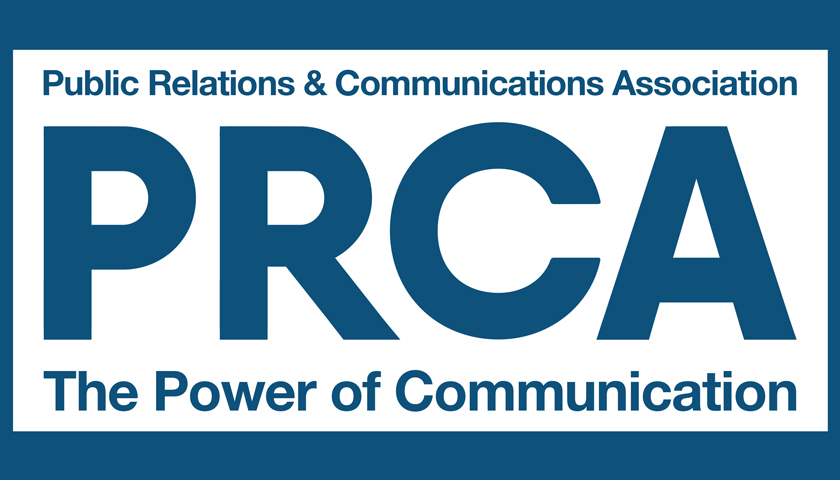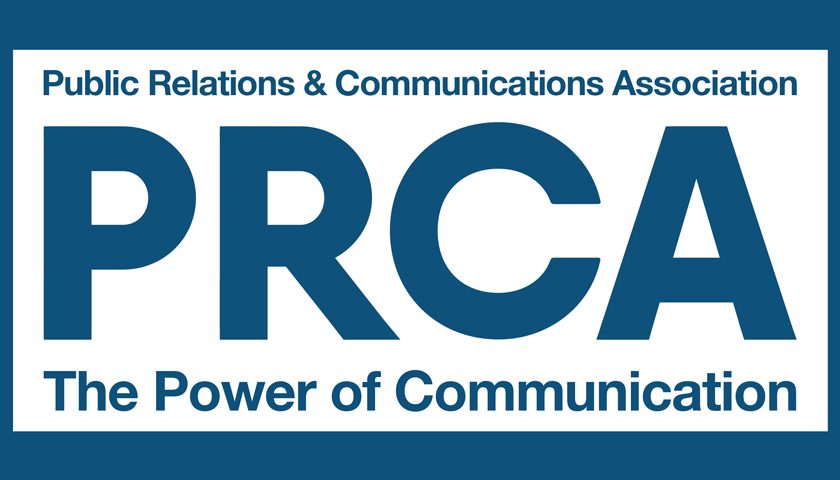The PRCA has responded to the Government’s review of the 2014 Lobbying Act, calling for major changes to improve public confidence in the democratic process.
In its response, the PRCA called for four revisions to the current system:
– The scope of the Act should be widened, so that it covers all who lobby rather than just third party consultant lobbyists. This would include lawyers, accountants, and management consultants who carry out the business of consultant lobbying, yet who are rarely captured under the scope of the Act. It would also cover those working in-house, in charities, campaigning groups, think tanks, trade unions, business organisations, and private companies.
– Similarly, the interactions covered by the Act should be expanded to include those with Special Advisers and senior civil servants. The Act is currently limited to interactions with Ministers and Permanent Secretaries. However if the Act’s aim is to be truly transparent and representative of the lobbying industry, then the definition of declarable interactions must be expanded.
– The current one-size-fits-all registration fee regardless of size and revenue is essentially a public affairs poll tax, charging sole practitioners the same amount as multinational companies. The fee charged should vary, and be determined by the number of staff or annual turnover.
– As it stands, the PRCA Code is the only Code that is automatically recognised as ‘relevant’ by the Registrar, with 73 organisations declaring our Code on the Register; 11 the CIPR’s; 2 their own Code; and 65 no Code. We would urge the Government to stop lobbyists from declaring self-written and self-policed Codes, as they are unenforceable and meaningless. We believe that the Government should be firmer in encouraging registrants to adhere to an externally-enforced Code rather than declaring no external regulation at all.
Neha Khatwani MPRCA, Head of Public Affairs, PRCA said:
“As the voice of the public affairs industry, we believe that lobbying is integral to a thriving democracy, and contributes positively to the policy-making process. We commend ORCL for the good work it is doing, but the Government needs to extend its remit. At the moment, the majority of the industry is excluded from the Register -that needs to change. So too does the incredibly narrow scope of which interactions with Government are eligible to be declared.
“The public affairs poll tax for registration, where a sole trader pays the same amount as a multinational company, is evidently unfair. Registrants should pay according to their size.
“And the Government needs to do more to ensure that those on the Lobbying Register adhere to an externally-enforced Code of Conduct. The dozens of registrants declaring no Code, or declaring their own self-policed and self-written Codes, bring our industry and the democratic process into disrepute.”
Read the full response to the review here.
PRCA Responds to Lobbying Act Review Calling for Major Change

